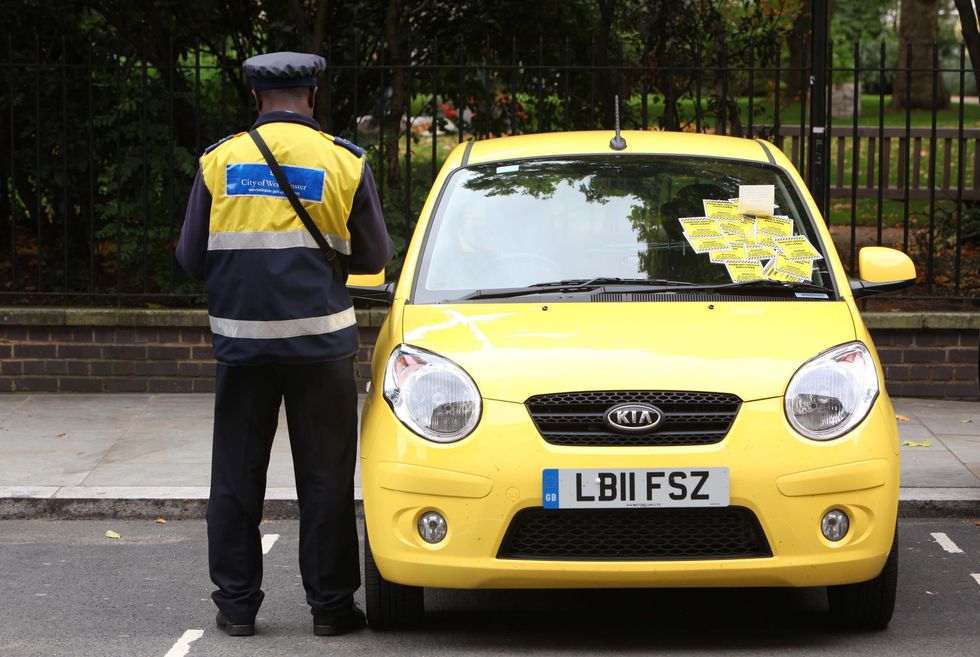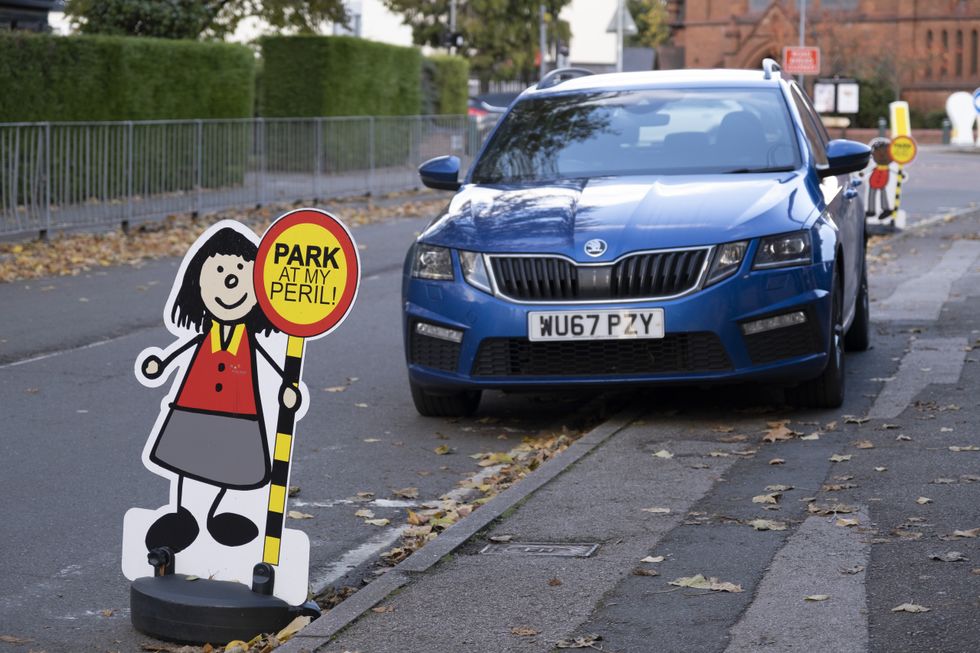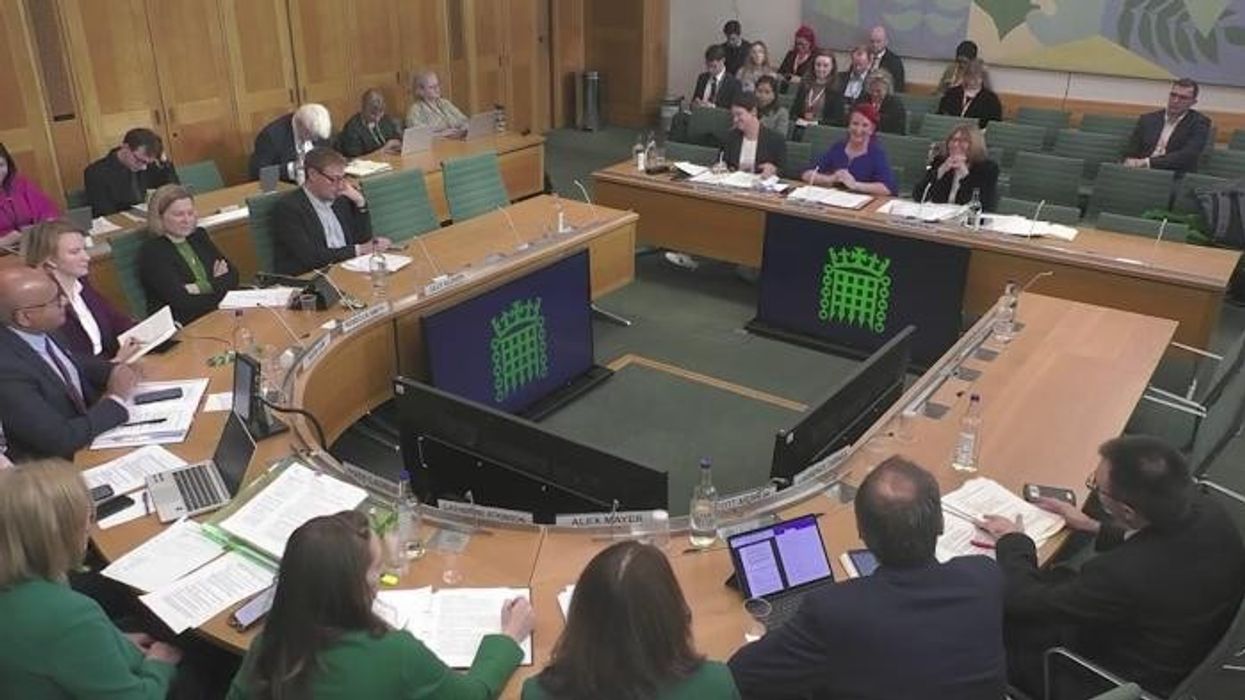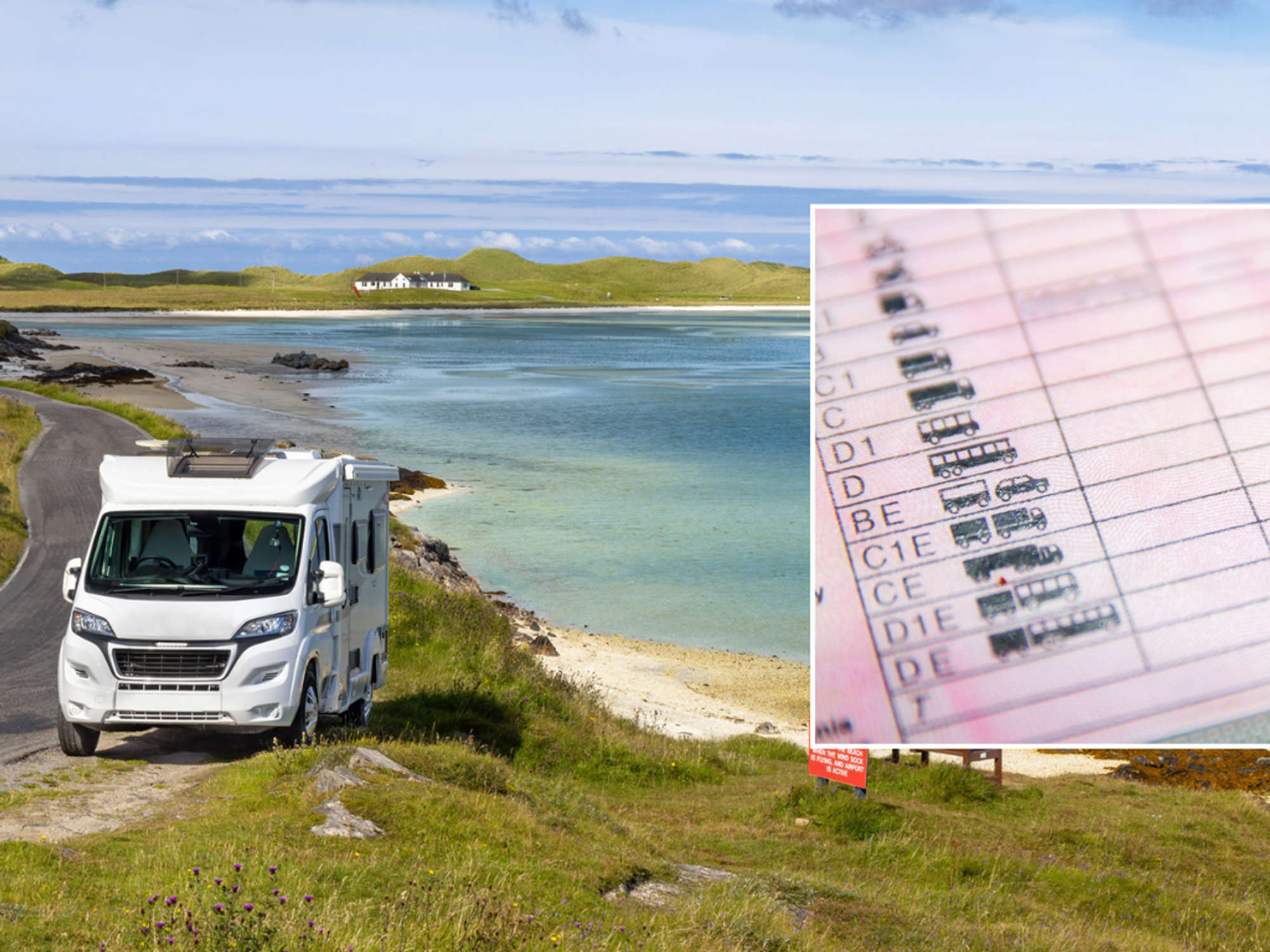Highway Code 'confusion' may lead to parking law changes as 'cash-strapped councils' can issue hefty fines

'What are the rules? Can motorists park on pavements?'
Don't Miss
Most Read
Introducing new law changes would help motorists and pedestrians as drivers struggle to understand the nuances included in the Highway Code surrounding pavement parking, an expert has told GB News.
During the pandemic in 2020, the Government launched a consultation to hear opinions on whether local authorities should be able to crack down on pavement parking with fines.
Speaking to GB News in 2023, a spokesperson at the Department for Transport said responses to the consultation would be published "in due course".
Although the consultation concluded more than four years ago, a response has yet to be published, with the GOV.UK website stating that feedback was still being analysed.
Do you have a story you'd like to share? Get in touch by emailing motoring@gbnews.uk

Experts are calling for clarity around pavement parking rules amid calls to ban the practice
|PA
Despite this, former Transport Secretary Louise Haigh spoke in favour of a nationwide ban in November 2024, saying that she "completely recognised" how a ban would help those with disabilities.
She added: "We're considering what options we have available because we want to make sure that any measures are not burdensome on local authorities and are done in the most effective way. But I am really committed to responding to the consultation as quickly as possible."
Jonny Combe, President and CEO of PayByPhone, warned that drivers face being slapped with a hefty fine worth up to £130 if they are seen parking on pavements, if laws were to be changed.
Rule 244 of the Highway Code instructs that drivers "must not" park partially or wholly on the pavement in London, and "should not" do it elsewhere unless signs permit it.
Combe told GB News: "But these are the exceptions rather than the rule. With some level of confusion, what are the rules? Can motorists park on pavements?"
The Highway Code states that parking on the pavement can obstruct and seriously inconvenience pedestrians, people in wheelchairs or with visual impairments and people with prams or pushchairs.
In 2019, the Transport Committee launched an inquiry into pavement parking, with experts saying the Government should give the green light to local authorities to enforce against the practice.
The Scottish Government introduced new pavement parking laws in December 2023 allowing local authorities to hand out fines worth £100 for people leaving their cars in hazardous conditions, although it can be slashed to £50 if paid within 14 days.
The Transport (Scotland) Act 2019 bans pavement parking, double parking and parking at dropped kerbs, with certain exemptions designated by local authorities including to ensure safe access for emergency vehicles.
Combe continued, saying: "The additional problem associated with parking on pavements is that the vehicle on the pavement blocks access for wheelchair or mobility scooter users and those with pushchairs.
"The vehicles can also damage the pavements over time, a headache for already cash-strapped councils in the form of maintenance costs.
"And vehicles parked on pavements in narrow roads may partially block the road, causing an access issue for emergency vehicles."
LATEST DEVELOPMENTS:
- Labour urged to 'actively pursue' Chinese investment to support British electric car market - 'No brainer'
- Nissan boosts British industry and secures 'hundreds of jobs' with new plant producing electric car motors
- Thousands of motorists hit with fines for breaking Highway Code rule despite council investing in deterrents

Drivers can be fined £100 if caught parking on the pavement in London or Scotland
| GETTYAs the Department for Transport continues to analyse feedback from the initial consultation, calls are growing for new parking rules to be introduced to ensure pedestrians are safe on the pavement and are not forced into the road where they could be exposed to more dangerous situations.
Scottish Transport Minister Fiona Hyslop said the ban would help to "develop communities" and promote active travel. She also heralded the public campaign to make drivers in Scotland aware of the new rules and the punishments.











